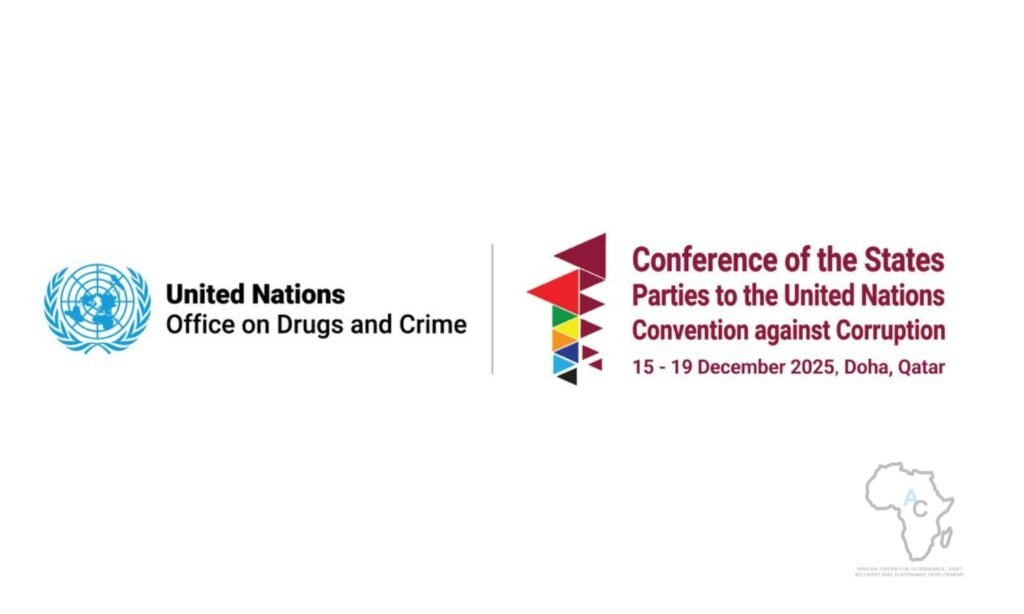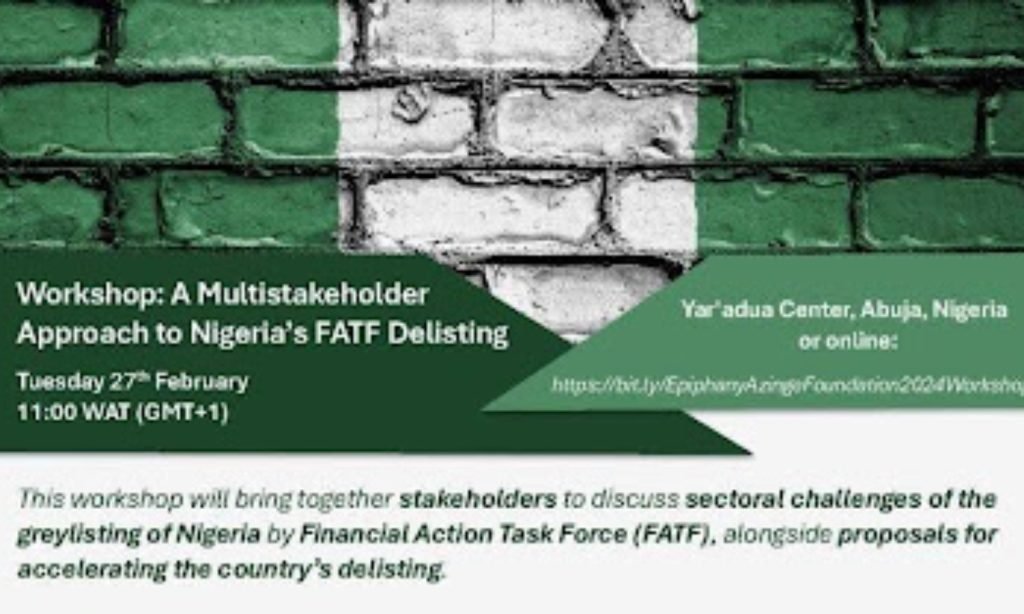
About the Conference of States Parties to the United Nations Convention Against Corruption: Strengthening Global Action Against Corruption
The Conference of the States Parties (CoSP) is the main decision-making body of the United Nations Convention against Corruption (UNCAC). It stands at the forefront of global efforts to strengthen integrity and accountability. Established under Article 63 of the Convention, the Conference plays a central role in helping countries implement the provisions of UNCAC, fostering cooperation among States, and guiding the United Nations Office on Drugs and Crime (UNODC) in its anti-corruption work.
Held every two years, CoSP brings together representatives of States Parties, signatories, intergovernmental organizations, and civil society to review progress, exchange experiences, and address emerging challenges in the global fight against corruption. The Conference also adopts resolutions that shape future policy directions and collective strategies.
Participation is open to all States Parties and signatories, while non-signatories and other stakeholders may attend as observers. To enhance its effectiveness, CoSP has also established several subsidiary bodies that provide technical advice and recommendations to ensure the effective implementation of the Convention.
Over the years, CoSP has evolved into a vital platform for global collaboration and dialogue, enabling nations to share best practices, identify emerging threats, and chart innovative pathways toward greater transparency, justice, and sustainable development.
Priority Issues for CoSP 11
At the heart of CoSP’s work are the core priorities of States Parties, which include:
- Asset recovery, ensuring that stolen assets are traced, returned, and utilized for development.
- Law enforcement and international cooperation promote collaboration among jurisdictions to tackle cross-border corruption.
- Prevention, through effective governance reforms, transparency mechanisms, and ethical standards; and
- Technical assistance, supporting countries in building institutional and legal capacities.
Emerging areas of focus also include corruption measurement, anti-corruption education, and the nexus between environmental crime and corruption, as States Parties increasingly recognize the importance of addressing new and evolving threats.
Based on the poll, the five core priorities to be discussed are environmental crime and corruption or integrity in climate finance, access to information, whistleblower protection, a human rights-based approach to corruption, and political finance transparency.
Results of Advocacy Priority Consultation
Responses for other issues listed:
- Grand corruption 34.5%
- Public procurement transparency and integrity 34.5%
- Gender and corruption 31.8%
- Beneficial ownership transparency 27.3%
- Victims of corruption 27.3%
- Disclosure of assets and interests to address conflicts of interest 26.4%
- Asset recovery 25.5%
- Other: 14%
Side Events Proposals/Pre-CoSP 11 Webinar
In line with the above priority issues discussed in the 3 briefings held by UNCAC Coalition, and in preparation for the 11th Session of the Conference of the States Parties (CoSP11) to the United Nations Convention against Corruption (UNCAC), the African Center for Governance, Asset Recovery and Sustainable Development is collaborating with the CLEEN Foundation and other strategic partners to host a series of side events that spotlight Africa’s priorities in the global anti-corruption agenda.
As part of this effort, the African Center is deepening its engagement with African stakeholders, including government representatives, regional institutions, and civil society organizations, to ensure that the continent’s collective perspectives are effectively represented during the Conference.
To this end, the Center will convene a Pre-CoSP11 African Strategy Webinar, bringing together key actors to coordinate advocacy, programming, and policy engagement in advance of the global meeting. The session will focus on Africa’s shared anti-corruption priorities, including asset recovery and return, restorative justice, victims’ rights, beneficial ownership transparency, and youth participation in governance reform and accountability initiatives.
Insights and recommendations from the webinar will directly inform the two side events proposed by the African Center, subject to approval by the United Nations Office on Drugs and Crime (UNODC).
- The first side event will explore Restorative Justice in Asset Return, using comparative case studies to highlight how collaboration between public institutions and non-state actors can strengthen transparency and accountability.
- The second side event will focus on Victims of Corruption, emphasizing their rights to participation, reparation, and the social reuse of recovered assets as integral to achieving justice and restoring public trust.
Through these initiatives, the African Center and its partners aim to amplify Africa’s voice in global anti-corruption dialogue and contribute to shaping a more inclusive and equitable international framework for integrity and justice.
Our Executive Director, Juliet Ibekaku-Nwagwu, continues to contribute to this global dialogue in her capacity as Chair of the UNCAC Coalition’s Victims of Corruption Working Group, ensuring that African voices and victim-centered perspectives are integrated into international anti-corruption policy.
Countdown Updates:
- Side event applications are under review by UNODC.
- Written submissions to the UNODC (uncac@un.org) are due by 24 November 2025.
- All accepted ECOSOC and non-ECOSOC organizations should complete registration on Indico by 30 November 2025.
- Participants are encouraged to process their Hayya Entry Permit visas early via cosp11qatar.com/visas.
Through these coordinated efforts, the African Center remains committed to strengthening Africa’s collective voice and promoting transparent, just, and inclusive approaches to fighting corruption at CoSP11 and beyond.


